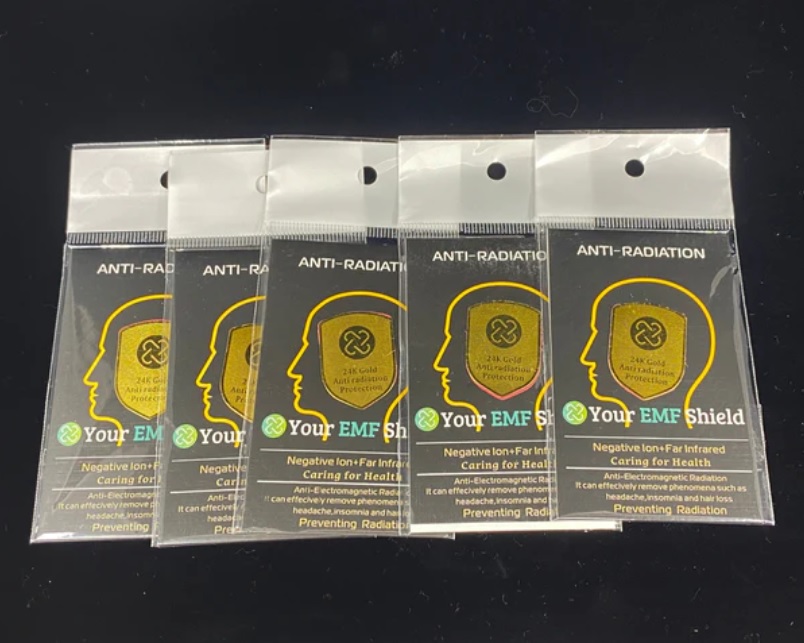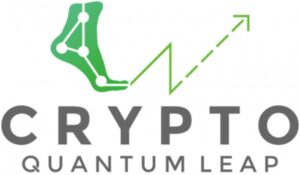The Nike Town London store is now home to the sneaker giant’s inaugural Bot Initiated Longevity Lab.
This month’s launch of the new initiative, shortened to B.I.L.L., employs a robot-driven system that cleans, repairs and customizes pre-owned Nike footwear, essentially keeping viable product in circulation instead of in a landfill.
Advanced robotics assess and identify damage. A shoe loaded onto a robot’s movable arm is scanned and rendered into a three-dimensional digital model. The virtual image highlights soiled areas on the upper, sidewalls and outsole, and automated scrubber brushes use water-based cleaning products to restore the product’s visual appeal. Consumers can then select custom recycled polyester patches to fix upper flaws.

After the 45-minute process, store associates replace worn-out sneaker liners and laces with new parts made from recycled materials. Available throughout September, the free service can help rejuvenate Air Force 1s, Air Jordan 1s, Space Hippie 01s, and Nike Dunks.
Nike said B.I.L.L. could help it map a scalable pathway to circularity in its global store network. The project complements the Nike Refurbished resale program, and tutorial videos showing consumers how to restore their sneakers at home.
“The thing is, maintaining old product is deeply personal,” Nike NXT sustainability lead Noah Murphy-Reinhertz said. “Repairing a product is a way to extend our memory with a product. We see B.I.L.L. as a tool for being able to do that. Robots can do things that are tough to do by hand, but when we used robotics as part of a recycling technology, we still want the service to be personal.”

Murphy-Reinhertz said B.I.L.L. will provide valuable insights “that will guide the future of sustainable services in Nike doors.” Nike plans to continue to experiment with similar services and programs to complement existing resale and recycling efforts, he said.
Nike also launched a collaborative recycling project for Chinese consumers using Alibaba’s Alipay online payment platform. Consumers can now search for the “Recycle-a-Shoe” program in the Alipay app and arrange to have their pre-owned footwear collected for recycling.
Reclaimed shoes will be disassembled and processed using Nike Grind technology, then packed into a new composite material for sport courts. The Recycle-a-Shoe program, which was established 30 years ago, has downcycled more than 30 million pairs of old sneakers and more than 120 million pounds of factory scraps into basketball courts, soccer fields, running tracks, yoga equipment and interior décor.

Nike
Consumers who donate their used footwear to Recycle-a-Shoe will collect virtual green energy points in Alipay Ant Forest, an in-app program supporting reforestation efforts and bio-diversity conservation projects. Launched in 2016 as a part of Ant Group’s Green Energy Initiative, the 650-million-member Ant Forest platform encourages shoppers to adopt lower-carbon alternatives to everyday activities, like biking to work instead of walking and paying bills online. As of August, the initiative has attracted more than 500 brands.
“In China, Nike continues to strive toward its goal of ‘Move to Zero’ and encourages the public to take part in environmental protection,” Nike Greater China vice president of operations and logistics Stanley Chang said. “The innovative cooperation with Ant Group allows Nike’s Recycle-a-Shoe program to reach more consumers through digital solutions on the Alipay platform and incorporates Nike’s sustainability efforts into daily life, which is our long-term commitment.”

Cheng Jiang, Ant Group general manager of social good, said that “the private sector needs to encourage more eco-friendly actions among consumers while committing themselves to reducing carbon emission in their business operations” in the face of the climate-change crisis. “We are delighted to partner with Nike to promote low carbon actions and better protect the environment through innovative solutions in recycling,” he added.
Nike said the partnership underscores its global Move to Zero commitment, which promotes sustainable product development while reducing carbon emissions and waste. The company concurrently announced the inception of its CLC Wind Runner Project in the Nike China Logistics Center this month, which will augment the LEED Platinum-certified warehouse with its own source of wind energy. That project is expected to be completed in 2023 and to operate using 100-percent renewable energy.
Meanwhile, athleticwear competitor Puma has another recycled materials collection in the pipeline as it works to advance its Forever Better sustainability strategy.
The next Re:Collection, a line of sport, running and training apparel, footwear and accessories made with recycled cotton and polyester, will arrive this fall after launching in April. Puma said everything in the range contains between 20 percent and 100 percent recycled inputs.
The PWRFrame TR high-performance training shoe, engineered for forefoot support, features an upper made with at least 30 percent recycled polyester. Cutting floor waste is used to reinforce the uppers of shoe styles across the range. On the apparel side, women’s DryCell moisture-wicking training leggings are made with 70 percent recycled polyester. Items may vary in color depending on the amount of recycled content used.

The Forever Better plan says Puma will incorporate 90 percent more sustainable materials across its product offerings by 2025. The brand is focused on reducing its use of non-renewable polymers, and has committed to transitioning to 75 percent recycled polyester across its apparel and accessories lines by 2025. Puma joined the Textile Exchange’s “Recycled Polyester Challenge” calling for the apparel industry to increase its use of recycled polyester to 45 percent, or 17.1 million metric tons, by 2025.




